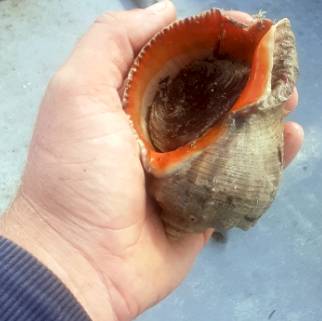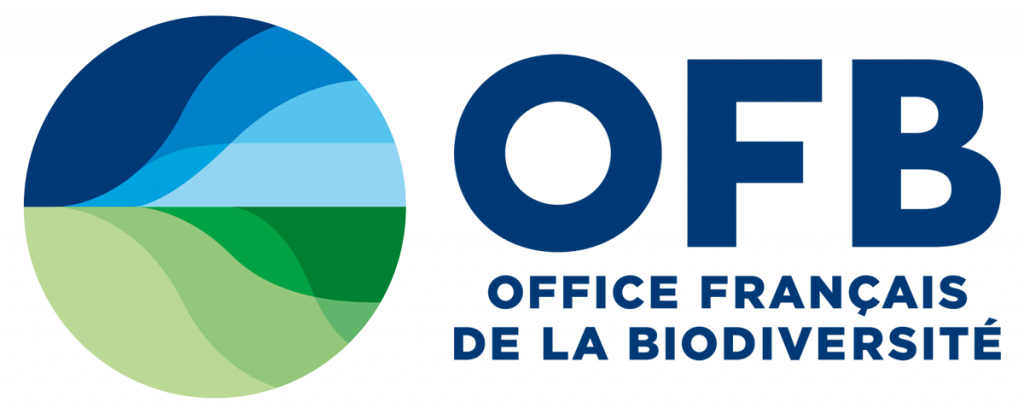The RAPSODI project (RAPana venosa and polyclades: protocol development for Monitoring and Observation through In-situ Detection of environmental DNA of non-indigenous species threatening shellfish farming) was launched on Friday 21 January 2022.

This two-year project aims to improve knowledge of two non-indigenous marine species that are potentially invasive and problematic for shellfish farming: the veined rapa whelk Rapana venosa, a shellfish predator, and a new species of flatworm found in high abundance in oysters from the Arcachon basin.
Led by Ifremer’s Pertuis Charentais laboratory, this project brings together industry stakeholders (CDPMEM 17 /DDTM17 (Comité Départemental des Pêches Maritimes et des Élevages Marins de Charente-Maritime), CRCAA (Comité Régional Conchyliculture Arcachon Aquitaine)), CAPENA (Centre pour l’Aquaculture, la Pêche et l’Environnement de Nouvelle Aquitaine), the Station marine d’Arcachon (UMS 2006 Patrimoine Naturel/UMR EPOC), and Ifremer’s benthic coastal ecology laboratory.
The kick-off meeting allowed the first year objectives to be defined more precisely, in particular awareness-raising of various stakeholders to these NIS and structuring existing data (observations, DNA sequencing).
For more information: https://wwz.ifremer.fr/littoral/Laboratoires-Environnement-Ressources/LER-Pertuis-Charentais-La-Tremblade/Projets/RAPSODI-2022-2024
- Documents to download: Summary presentation of the RAPSODI project – Ifremer (in French)



